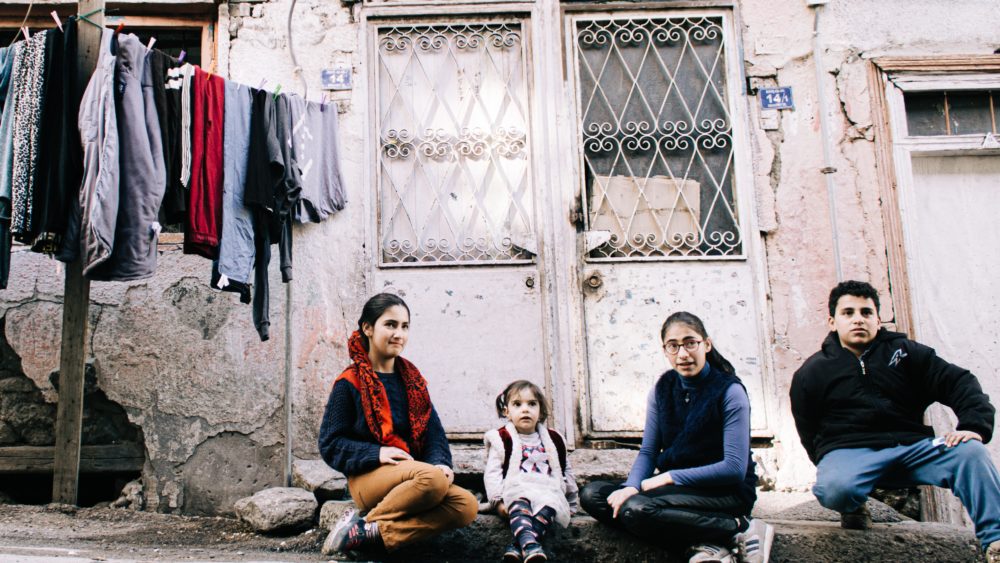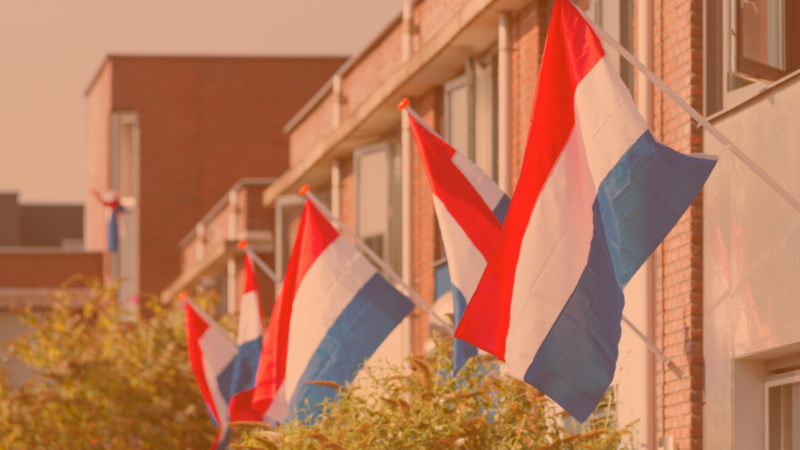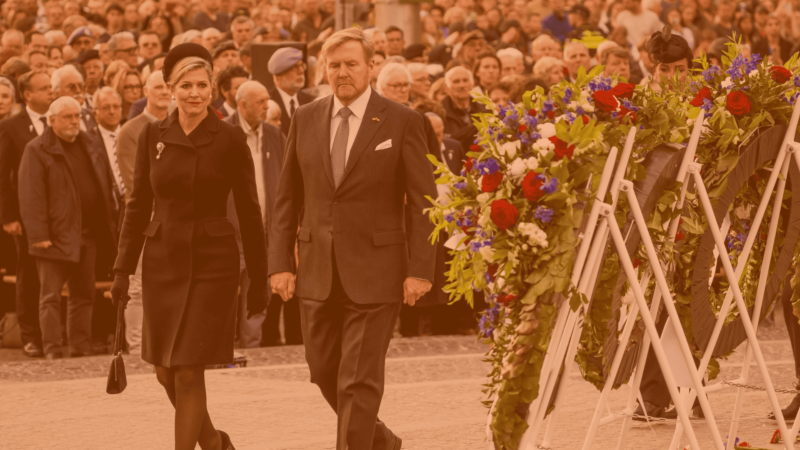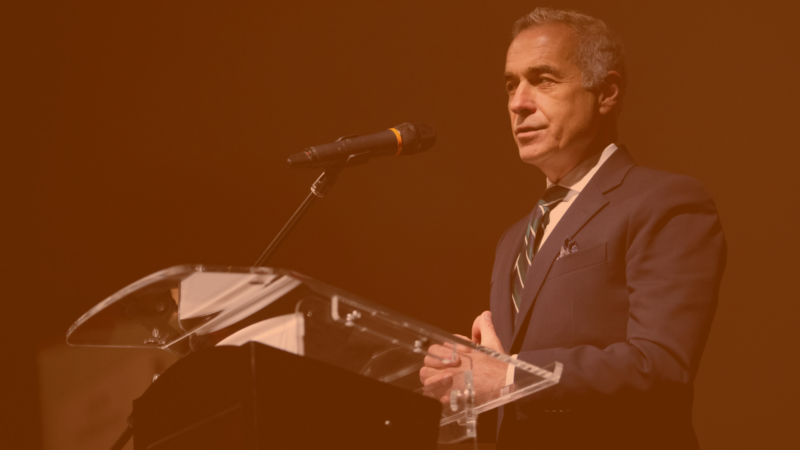Financial scarcity uncovered by the COVID-19 pandemic has prompted Spanish congress to approve the vital minimum wage on 10 June.
This is a significant step for a country with historically insufficient redistribution, and it was passed with no dissenting vote.
The severe poverty rate in Spain is twice the European average — at 12,4% of the total population. For instance, 120,000 households with children have no income at all. Without state-led financial measures to palliate this, child poverty is extremely likely to translate to adult poverty later on.
Current left-wing coalition government has accelerated the design and implementation of the vital minimum wage and mobilized around €3,000 million. It will be paid this month by Social Security to households who do not have financial means to cover mere survival and can prove they have been Spanish residents for over a year. 850,000 families at risk of social exclusion, representing over 2.3 million people, will benefit from it. In the words of the Inclusion, Social Security and Migrations Ministry, the vital minimum wage is a collective insurance to rescue people with severe financial shortcomings and push them towards social inclusion. The wage itself will range from €462 to €1,015, depending on each household’s particulars. 16% of beneficiaries will be mono-parental families, which are generally headed by single mothers.
This measure, proposed and led by left-wing coalition government PSOE and Unidas Podemos, gathered consensus throughout the political spectrum.
Center-right party Ciudadanos called this an “absolutely necessary” measure to “leave no one behind”, while the former right-wing governing party, PP, was also markedly in favour. Despite calling it “unpatriotic” for its alleged call effect on immigrants, far-right party Vox ultimately decided not to vote against vital minimum wage, or rather not to vote at all. Indeed, many beneficiaries will be Spanish-born. Unidas Podemos’ representative called this vital minimum wage the best vaccine against hate speech.
Catalan leftist party ERC regretted undocumented people in risk of exclusion or in extreme poverty will not be able to receive this vital minimum wage, as well as what it considers too long a period spent in poverty to be eligible as a beneficiary (1 year).
The particulars of how human trafficking victims might be eligible to benefit from the wage remain to be seen, after this possibility was publicly stated by Equality minister and later on by Inclusion, Social Security and Migrations minister. This, however, would have the virtue of targeting extremely vulnerable individuals, majoritarily women, and in parallel help gather sounder data on the scale and impact of this egregious crime.
A coalition pact signed in late 2019 stated that the minimum vital wage would address extreme poverty and progressively extend to other low-income families. This is likely not going to be the last step taken to reduce inequality in Spain.
Will universal income (finally) be generalized?
Severe poverty and social exclusion have deep and hardly-revertible effects on those who suffer it. Poverty isn’t a choice, it is caused by the design of our societies, and needs to be addressed. Even the ultra-liberal US economy has made history this year with the largest relief-package ever approved, including financial transfers to citizens in risk of exclusion. With societies that become more and more unequal, insufficiently redistributive tax systems and a new multi-level crisis revealed by COVID-19 pandemic, universal minimum incomes are an important part of the current political debate.
DiEM25 has always advocated for Universal Basic Dividend-like measures, as a step further towards redistribution. The difference with any other basic income or wage to date is that Universal Basic Dividend (UBD) should be financed by big corporations rather than individual taxpayers.
Because fiscal systems have not managed to tax higher-incomes enough and are less progressive than they were intended or designed for, a proportionally larger fiscal burden is currently put on low- and middle- income taxpayers. This negatively impacts overall redistributive capacity: most countries around the world are seeing their rich get richer and the poor get poorer, creating a divide wider than ever before. A situation that is, in the long run, nefarious for all socio-economic levels.
DiEM25’s UBD is called a “dividend” precisely because it would be paid as a share from annual corporate benefits by listed companies, after stock market transactions or IPOs, and pooled in a collective European fund. UBD would tax the wealthiest and act as a safety net against social exclusion at European level.
If nothing else, COVID-19’s sanitary and humanitarian crisis has proven the need for a state centered on individuals’ well being rather than financial growth.
Sustainable and humane living, require measures to reduce systemic inequalities. Neo-liberal economy has shown its limits in the face of this pandemic: no market was (or would have been) able to thrive in the absence of public spending tailored to respond to and respect human needs. Our interconnectedness means we need to think global.
Fighting poverty through truly redistributive means such as the Universal Basic Dividend and adjusting our way of living for sustainable production and consumption should be a priority in the aftermath of COVID-19.
Do you want to be informed of DiEM25's actions? Sign up here















